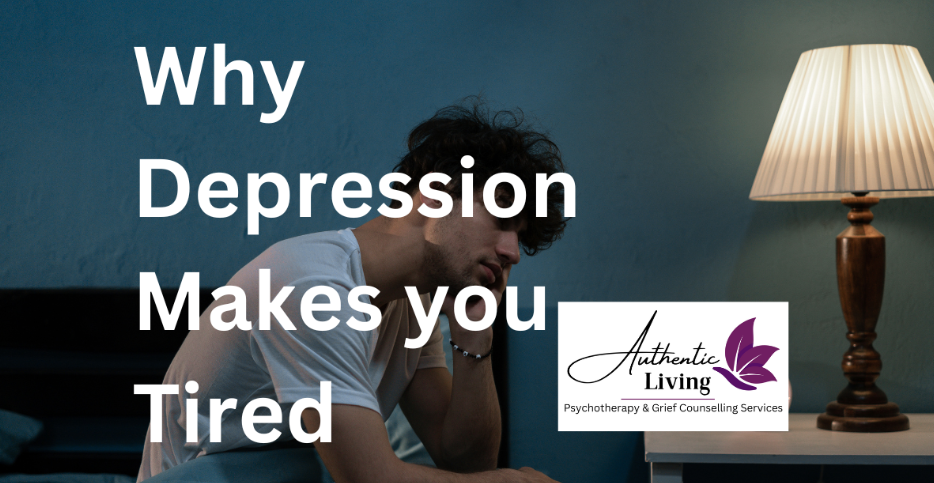Understanding and Overcoming Depression
- Sep 10, 2025
- 4 min read
Living with heavy emotions can feel like carrying a weight that no one else sees. Sometimes, it’s hard to even name what you’re feeling. You might find yourself asking, Why do I feel this way? or How can I find peace again? If you’ve been struggling, you’re not alone. Many people face these challenges, and there is hope. Together, let’s explore what managing depressive symptoms means and how you can take gentle steps toward healing.

What Does Managing Depressive Symptoms Really Mean?
When we talk about managing depressive symptoms, we’re referring to the ways you can recognize, understand, and gently work through the feelings that weigh you down. It’s not about erasing everything overnight but learning to live with kindness toward yourself while finding tools that help.
You might notice symptoms like:
Persistent sadness or emptiness
Loss of interest in activities you once enjoyed
Changes in sleep or appetite
Difficulty concentrating or making decisions
Feeling tired or lacking energy
These feelings can be confusing and overwhelming. But managing them means you’re taking control, even in small ways. It’s about finding balance and creating moments of relief.
Here are some practical ways to start managing these symptoms:
Create a daily routine: Structure can bring comfort. Even simple tasks like making your bed or going for a short walk can help.
Reach out: Talk to someone you trust. Sharing your feelings can lighten the load.
Practice self-compassion: Be gentle with yourself. It’s okay to have tough days.
Set small goals: Celebrate little victories, like getting out of bed or eating a healthy meal.
Limit negative influences: This might mean reducing time on social media or avoiding stressful situations when possible.
Remember, managing symptoms is a journey, not a race. Each step forward is progress.

Recognizing When You Need Extra Support for Overcoming Depression
Sometimes, managing symptoms on your own isn’t enough, and that’s perfectly okay. Asking for help for overcoming depression is a sign of strength, not weakness. If you find that your feelings are persistent and interfere with your daily life, it might be time to consider professional support.
Therapy can offer a safe space to explore your emotions and develop coping strategies tailored to you. Whether you’re dealing with grief, trauma, or other emotional challenges, compassionate therapists can guide you through the process.
You might wonder, How do I know if I need therapy? Here are some signs:
Feeling hopeless or helpless for weeks or months
Thoughts of self-harm or suicide
Difficulty functioning at work or in relationships
Intense feelings of guilt or worthlessness
If any of these resonate, reaching out to a mental health professional can be a vital step. Remember, you don’t have to face this alone.

How to Calm Down Depression?
When those heavy feelings start to take over, calming down can feel impossible. But there are gentle, effective ways to soothe your mind and body. Here are some techniques you can try:
Mindful breathing: Take slow, deep breaths. Inhale for four counts, hold for four, and exhale for four. Repeat until you feel calmer.
Grounding exercises: Focus on your senses. What can you see, hear, smell, taste, and touch right now? This helps bring you back to the present moment.
Physical movement: Even a short walk or gentle stretching can release tension and boost mood.
Journaling: Write down your thoughts and feelings without judgment. Sometimes, putting emotions on paper helps to understand them better.
Listening to music: Choose songs that soothe or uplift you. Music can be a powerful healer.
These methods won’t erase your feelings instantly, but they can create space for peace and clarity. Try different approaches and see what feels right for you.

Building a Supportive Environment Around You
Healing doesn’t happen in isolation. The people and spaces around you play a big role in your journey. Creating a supportive environment means surrounding yourself with understanding, kindness, and positivity.
Here are some ways to build that environment:
Connect with loved ones: Share your experiences with friends or family who listen without judgment.
Join support groups: Sometimes, talking with others who understand your struggles can be comforting.
Limit toxic relationships: It’s okay to set boundaries with people who drain your energy.
Create a peaceful space: Make your home a sanctuary with things that bring you comfort, like plants, soft blankets, or calming scents.
Engage in activities that bring joy: Whether it’s gardening, painting, or cooking, doing what you love nurtures your spirit.
Remember, you deserve to be surrounded by care and respect. Building this environment takes time, but it’s worth every effort.
Taking the First Step Toward Healing
If you’re reading this, you’ve already taken a brave step by seeking understanding. Healing is possible, and it starts with small, intentional actions. Whether it’s reaching out for support, trying calming techniques, or simply being kind to yourself, every choice matters.
If you want to learn more about depression and how to navigate it with compassion, consider exploring resources or connecting with professionals who specialize in mental health support. Remember, you are not alone, and help is available.
Your journey toward peace and balance is unique. Take it one day at a time, and know that brighter days are ahead.
CLICK HERE to book a free 15 minute consultation. Or, if you aren't sure which therapist to select, you can call/text 226-224-0301 and we can make a recommendation about which of our therapists will likely be the best fit.
Thank you for taking the time to care for yourself today. You are worthy of healing and happiness.










Comments